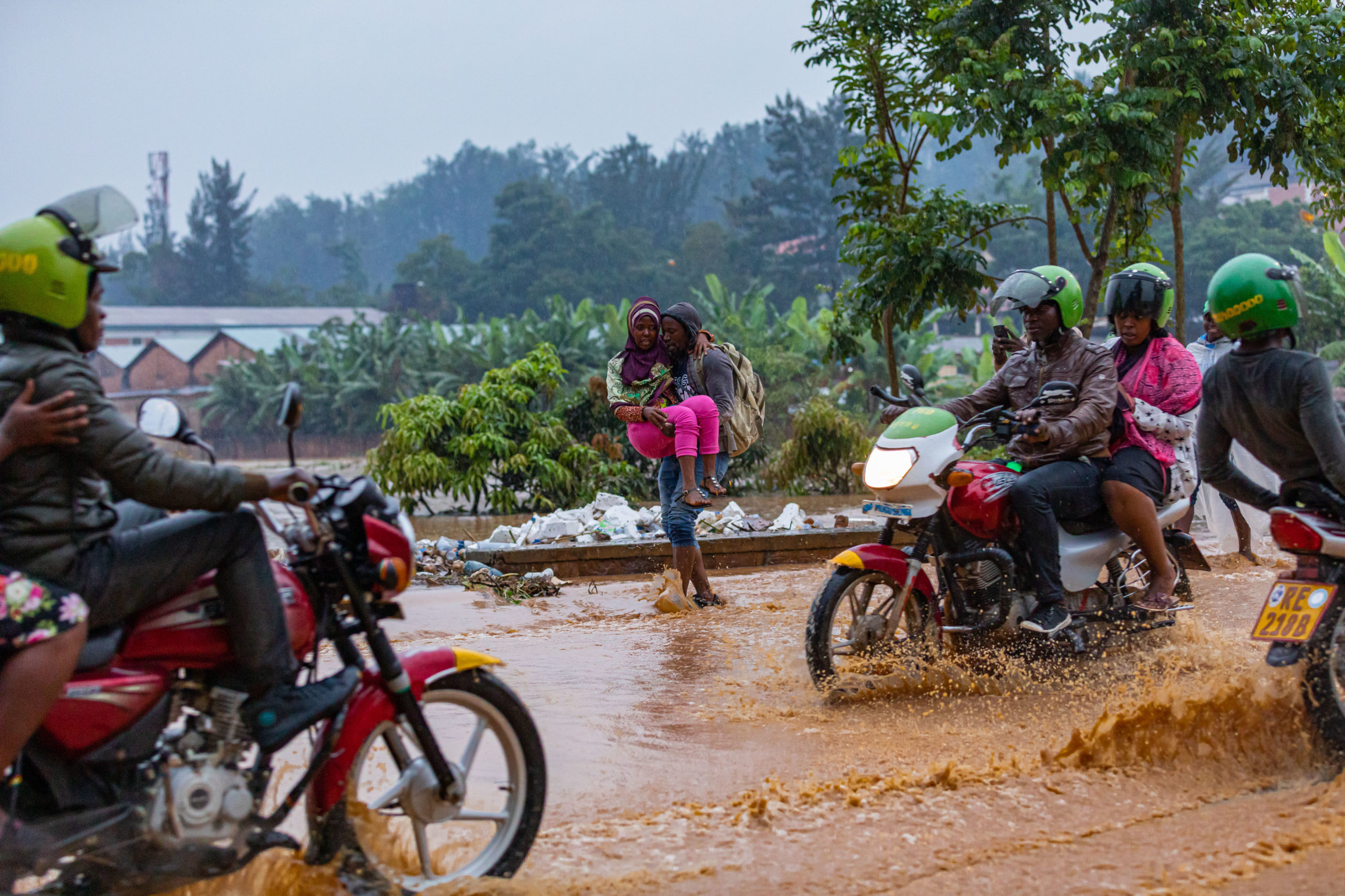Forecasting science for extreme weather & climate resilience across Africa

- Date
- Thursday 30 September 2021, 10:00 - 11:00
- Location
- Online
Despite its low contribution to greenhouse gas emissions, Africa is the most vulnerable continent to climate change. Already, the region is experiencing disproportionate impacts, from increasing temperatures and sea levels, to changing precipitation patterns and more extreme weather, all threatening human health and safety, food and water security and socio-economic development.
The failure of global weather and climate models to provide useful predictions of rainfall and drought extremes means that new methods urgently need to be developed.
Join our panel of leading international voices in research, policy and innovation to discuss the critical need to supply African communities with forecasts of extreme weather on timescales of hours to decades.
This webinar is aligned with key themes of the UNFCCC Africa Climate Week. As the UK prepares to host COP26 in November, this webinar is part of a series of events convened by the University of Leeds' Priestley International Centre for Climate to build ambition for impactful climate action.
Hosted by University of Leeds (UK) in partnership with Karlsruhe Institute of Technology (KIT, Germany), IGAD Climate Prediction and Applications Centre (ICPAC, Kenya), and the Met Office (UK).
Speakers
- Andreas Fink: Professor for Meteorology at KIT, Germany
- Masilin Gudoshava: Research Scientist at ICPAC, Kenya
- Cath Senior : Head of Understanding Climate Change at Met Office UK
- Beth Woodhams: Postdoctoral Researcher, University of Leeds, UK
- Andrew Dougill: Professor of Environmental Sustainability at University of Leeds (Chair)
About the panel
This webinar is supported by the Leeds-KIT partnership and the panel brings together leading research and perspectives on African weather and climate from a range of institutions and geographies. The event will be chaired by the University of Leeds which works with partners across Africa and the global north, to deliver new climate science and development impact. This includes leading work on climate change and decadal decision making across East, West and Southern Africa within the Future Climate for Africa programme, and leading the GCRF African SWIFT project on weather prediction in East and West Africa.
Image: Pedestrians and motorists risk their lives to transport passengers in a flooded road in Kigali on 28 January 2020. Carrying people was one of the ways to transport them past the flooded areas in late January and early February 2020. Credit: Emmanuel Kwizera.
